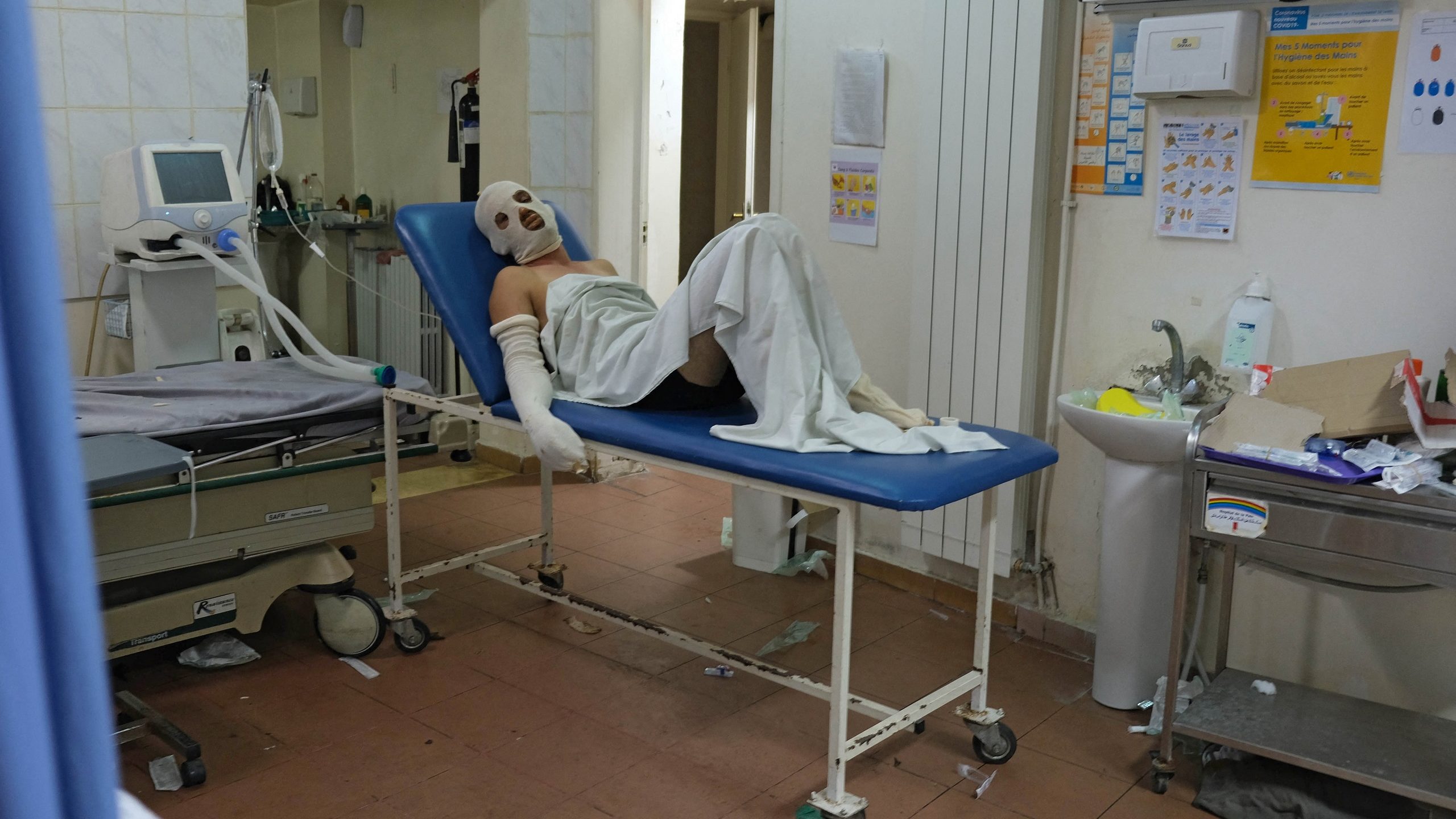Fuel Explosion at Warehouse in Lebanon Kills 22
A warehouse used for the storage of fuel in the village of Tleil, in Lebanon’s Akkar region near the Syrian border, exploded early Sunday, killing 22 people and injuring around 80 others. Lebanese Red Cross personnel evacuated the victims to local hospitals and remained on site to search for additional victims. It was the country’s deadliest blast since a warehouse storing explosives at the Beirut Port caught fire on August 4, 2020, killing at least 214 people and injuring thousands.
The Lebanese army had earlier confiscated the warehouse in Tleil, where smugglers had stored about 60,000 liters of fuel that they intended to transport across the border to sell in Syria. The military was distributing the confiscated fuel, free of charge, to desperate local residents when the explosion occurred.
Local residents blamed Lebanon’s embattled political leadership for the blast, saying that corruption and mismanagement led to a collapse of the economy and a situation where electricity outages were an everyday occurrence, smuggling and hoarding of fuel were common, people needed fuel to run private generators, and it was only available on the black market at exorbitant prices. Even the hospitals where burn victims from the explosion, among other patients, are receiving lifesaving treatment, are in danger of shutting down due to fuel shortages.
Last week, Lebanon’s central bank decided to end government subsidies for fuel, a decision that is sure to lead to a spike in prices in an economy already wracked by hyperinflation.
Since the bank announced the policy change, some gas station owners, anticipating a spike in prices, have been turning away customers, waiting to sell their fuel when the prices are higher. On Saturday, Lebanese army troops forced such owners to open their pumps and sell to customers.


